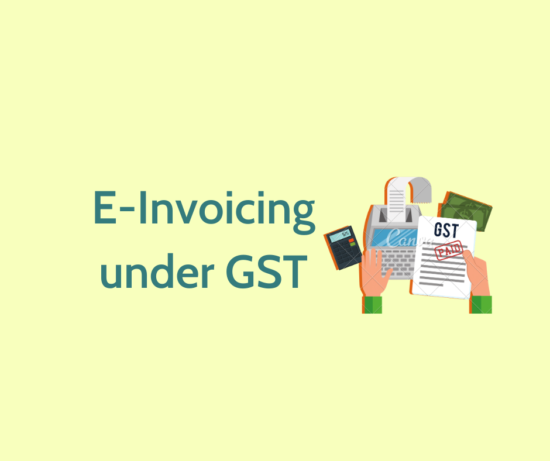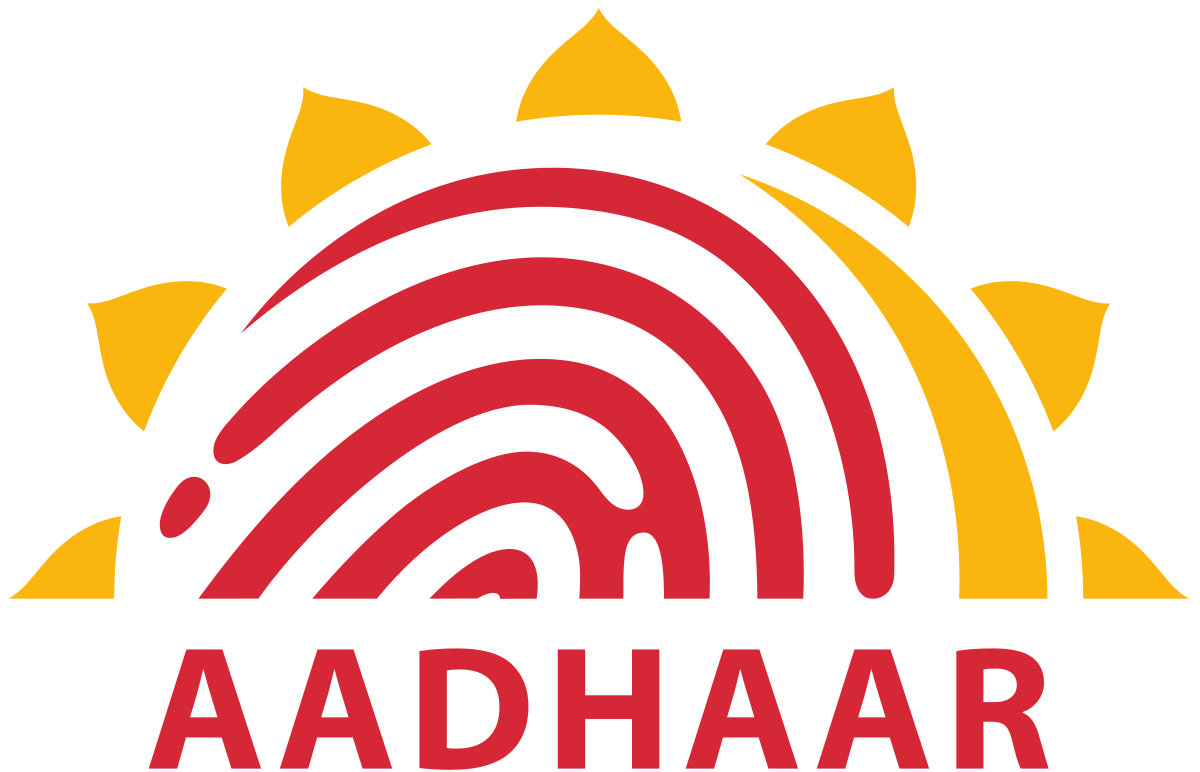Businesses got ample time for understanding the e-invoicing process and doing proper planning for adopting the new system.
E-invoicing got off to a great start in India. According to the National Informatics Center (NIC), more than 495 lakh e-invoices were generated by 27,400 taxpayers during October 2020 on the e-invoicing portal. The taxpayers generated 8.4 lakh e-invoices on 1st October 2020, and the usage has gradually picked up to 35 lakh e-invoice in a single day by 31st October 2020. The government has taken several steps for the smooth implementation of e-invoicing.
First of all, the business got ample time for understanding the e-invoicing process and doing proper planning for adopting the new system. Also, the businesses were able to choose an appropriate e-invoicing solution that supports their business requirements.
The government also helped the businesses by creating a trial e-invoicing portal to experience the e-invoice generation process. Through this trial portal, the businesses got real-time experience and understood the e-invoice process more deeply. The NIC kept the businesses up to date by conducting regular webinars and press releases to clarify their concerns.
Coming to the invoice generation from Invoice Registration Portal (IRP), the businesses were able to generate e-invoices smoothly when compared to the generation of the e-way bill at the inception of the e-way bill portal in 2018. NIC took the number of invoices uploaded in GSTR-1 by the businesses as a base for building the infrastructure for e-invoicing. This led to a proper estimation of the invoices load that could come to the e-invoicing portal and help scale up the IRP infrastructure.
One of the important reasons that the businesses have welcomed this initiative is that the invoice data flows from IRP to the e-way bill portal and GST portal without any manual intervention. Since the implementation of e-invoicing, the real-time data transfer between the IRP, e-way bill portal and the GST portal is smooth.
The invoice data transfer to the e-way bill portal is beneficial for the businesses who are raising e-way bills along with e-invoice. This move reduces manual intervention involved in the e-way bill generation process to a great extent.
Also, the auto-population of data to the GSTR-1 is helping the businesses in reducing the manual intervention involved in reporting of outward supplies. The real-time data transfer to tables 4A, 4B, 6A and 9B of GSTR-1 is making the return filing easier and burden-free. The businesses are no longer required to perform tedious reconciliations for GST return filing when compared to the earlier system.
Another reason for the successful implementation of e-invoicing is that most of the businesses implemented an e-invoicing system through GST Suvidha Providers (GSPs). The GSPs are intermediaries between the government and the businesses to generate the e-invoice and comply with the e-invoicing provisions.
The ERP integration with GSPs will take less time and money when compared to direct integrations. Hence, the businesses were able to implement e-invoicing more easily. Also, NIC made sure that the e-invoicing portal is available 24×7 where the downtime is only 15 to 20 minutes in a day. The NIC has been prompt in responding to the taxpayer’s queries.
E-invoicing will be considered as the biggest indirect tax reform since the implementation of GST as this initiative changed the way businesses interact with each other. The e-invoicing system will be another milestone in India’s journey to enhancing the ease of doing business. Hence, this smooth implementation can be considered a huge success for the government when compared to the GST rollout in 2017 and the implementation of the e-way bill in 2018.
Source: financial express.com
***
[rainbow]Don’t miss free GST e-books, next GST Update / Article / Judicial pronouncement[/rainbow]
Subscribe our portal and get FREE GST e-books , articles and updates on your e-mail.
Resolve your GST queries from national level experts on GST free of cost.
TW Editorial Team comprises of team of experienced Chartered Accountants and Advocates devoted to spread the knowledge of GST amongst the various stakeholders.



